Deconstructing Marley
Bob Marley built his legendary legacy on messages of unity and social justice, but, although some more ardent devotees might disagree, a new biography argues that he had his flaws and complications. Human, in other words.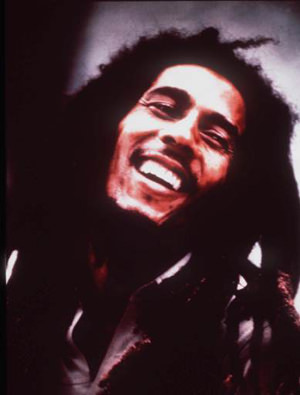
Bob Marley built his legendary legacy on messages of unity and social justice, but, although some more ardent devotees might disagree, a new biography argues that he had his flaws and complications. Human, in other words. But does Chris Salewicz’s “Bob Marley: The Untold Story” have anything new to say, ultimately? Reviewer Robert Christgau investigates. — KA
Your support matters…The Barnes & Noble Review via Salon:
Unsurprisingly, Marley’s choices and circumstances embroiled him in contradictions. I hesitate to say his insatiable womanizing is the least of them, especially since some of his kids had it so much better than others — his son Ky-Mani’s “Dear Dad” is a much better book about growing up in a drug-dealing culture than about music or his dear dad. But at least it’s a familiar pattern. Less so the man of peace who delivered the occasional beatdown and hired ropey-haired toughs who promoted his records by delivering many more. And what are we to make of the Marley who Salewicz reports watched the private executions of three men who’d tried to assassinate him shortly before his 1976 Smile Jamaica concert — a comeuppance that came down a week or so after his 1978 One Love Peace Concert, which Salewicz unconvincingly judges “one of the key civilizing moments of the twentieth century” because Marley got two warring politicians to grasp hands onstage for an awkward spell? But I was in fact more shocked by the famously generous philanthropist dropping 35 grand on a Miami dinner with a daughter of the Libyan oil minister, 1953 Chateau Lafite Rothschild included — and more saddened by Salewicz’s account of Marley’s embattled 1980 visit to a newly independent Zimbabwe, where Robert Mugabe’s cohort was already proving more autocratic than Ras Tafari’s.
To repeat, it was righteous of Salewicz to tell these tales. But that’s only because they don’t turn his book into a debunk. If it’s foolish to deify Bob Marley, it’s far more foolish to dismiss him, in effect blaming him for not living up to the magnitude of his achievement. Praise Peter and Bunny all you want — they deserve it. But credit Marley’s reservations: “Is like them don’t want understand mi can’t just play music fe Jamaica alone. Can’t learn that way. Mi get the most of mi learning when mi travel and talk to other people.” And recognize in that one-world bromide the seriousness of his cultural-spiritual-political ambitions. Salewicz reports that the assassins just mentioned were armed by the CIA, while others blame the right-wing Jamaican Labour Party. Probably not much difference, and either way you can trust his enemies to know his power. Most of the 14 million Americans who’ve bought the calculatedly anodyne “Legend” are in it for the herb. But Marley is very different for people of color such as the Tanzanian street vendors of Dar es Salaam’s Maskani district, one of many third-world subcultures to integrate his songs and image into a counterculture of resistance.
Independent journalism is under threat and overshadowed by heavily funded mainstream media.
You can help level the playing field. Become a member.
Your tax-deductible contribution keeps us digging beneath the headlines to give you thought-provoking, investigative reporting and analysis that unearths what's really happening- without compromise.
Give today to support our courageous, independent journalists.
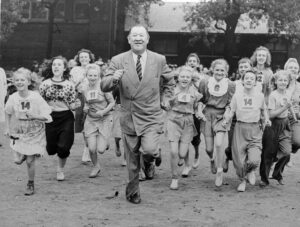

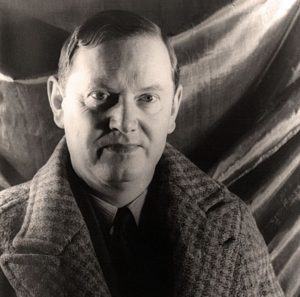
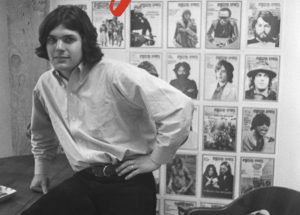
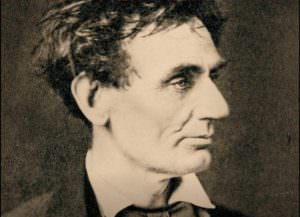
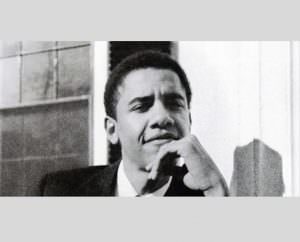
You need to be a supporter to comment.
There are currently no responses to this article.
Be the first to respond.